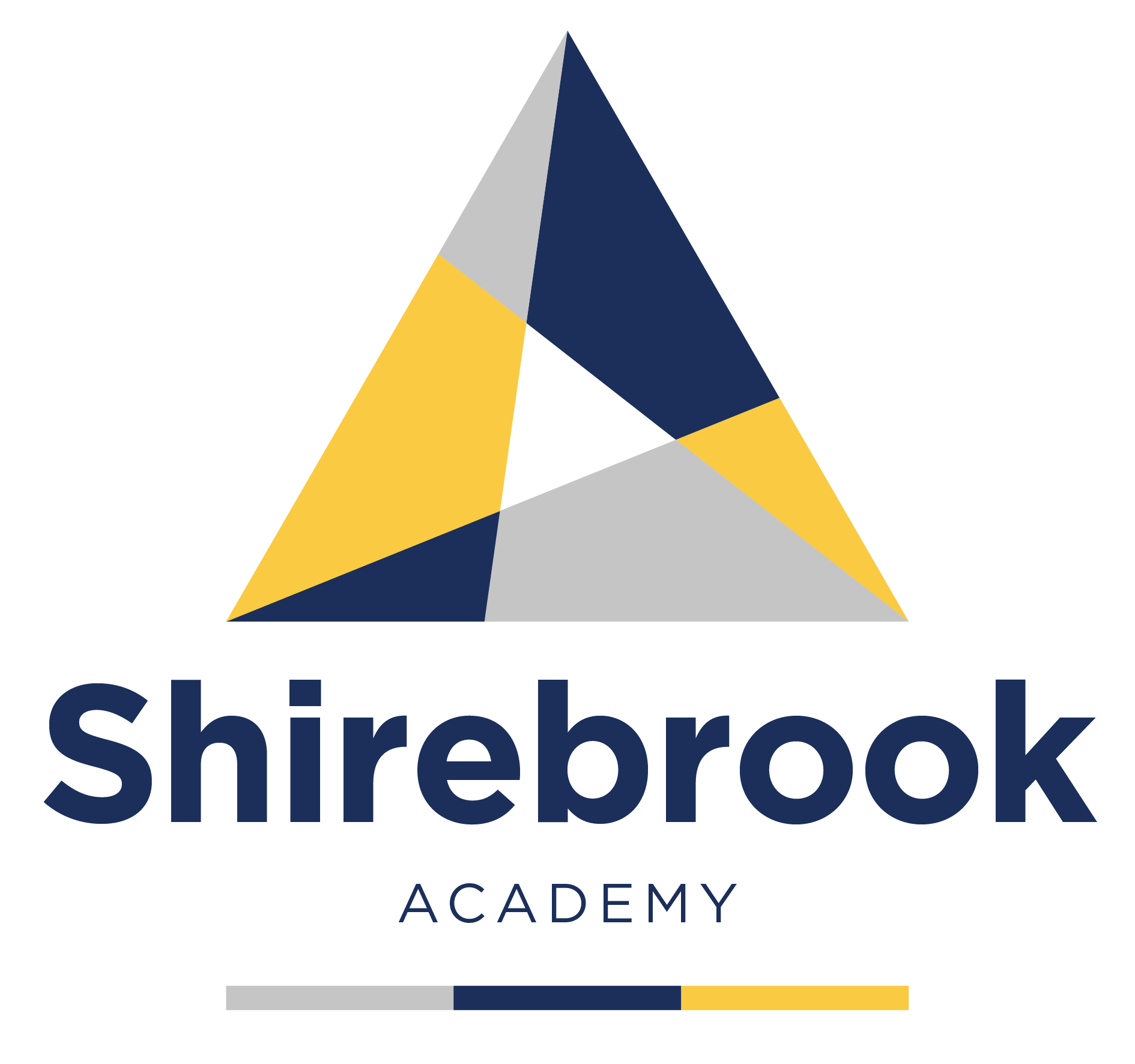Maths
Mathematics Curriculum Intent
The national curriculum purpose of study states that: “Mathematics is a creative and highly inter-connected discipline that has been developed over centuries, providing the solution to some of history’s most intriguing problems. It is essential to everyday life, critical to science, technology and engineering, and necessary for financial literacy and most forms of employment. A high-quality mathematics education therefore provides a foundation for understanding the world, the ability to reason mathematically, an appreciation of the beauty and power of mathematics, and a sense of enjoyment and curiosity about the subject.”
At Shirebrook Academy, the Mathematics Department is committed to ensuring that all students are able to make progress within Mathematics, to understand and use appropriate mathematical vocabulary, to develop their logical reasoning and problem solving skills and become more resilient and independent in their learning. Lessons provide opportunities for students to deepen their mathematical understanding, be inquisitive, address misconceptions and normalise uncertainty and errors. Students should improve their problem solving and reasoning skills and make connections with the wider curriculum and real life.
We maintain high expectations for all of our students irrespective of background, ability or additional needs. We encourage and support students to become more fluent in Mathematics and challenge our students to be best they can be through varied and frequent practice with increasingly complex problems. Through analysis of baseline assessments we recognise that developing and strengthening number skills is a key priority for many of our students at Shirebrook Academy. In response, a significant amount of time is spent developing and deepening knowledge of the key number skills that will be required to underpin future learning.
Students experience the same curriculum journey, covering 15 key topic areas. These are revisited each year with increasing levels of challenge and depth, with teaching building on the knowledge, skills and application of the previous year’s learning. Each year group has four pathways relevant to individual learners, and students are able to ‘change lanes’ to experience a different level of support or challenge as appropriate. Students are encouraged to develop their ability to work mathematically through exercises that show evidence of fluency, reasoning and problem solving skills. These principles are performed in lessons through use of Bronze, Silver & Gold questions.
To develop their understanding of why mathematics is an integral part of life,students are encouraged to become fluent in the fundamentals of mathematics through frequent practice with increasingly complex problems over time. Students are encouraged to use mathematical language and be able to solve problems by applying their mathematics to a variety of routine and non-routine problems with increasing sophistication. The quality and variety of language that students hear and speak are key factors in developing their mathematical vocabulary and presenting a mathematical justification, argument or proof.

